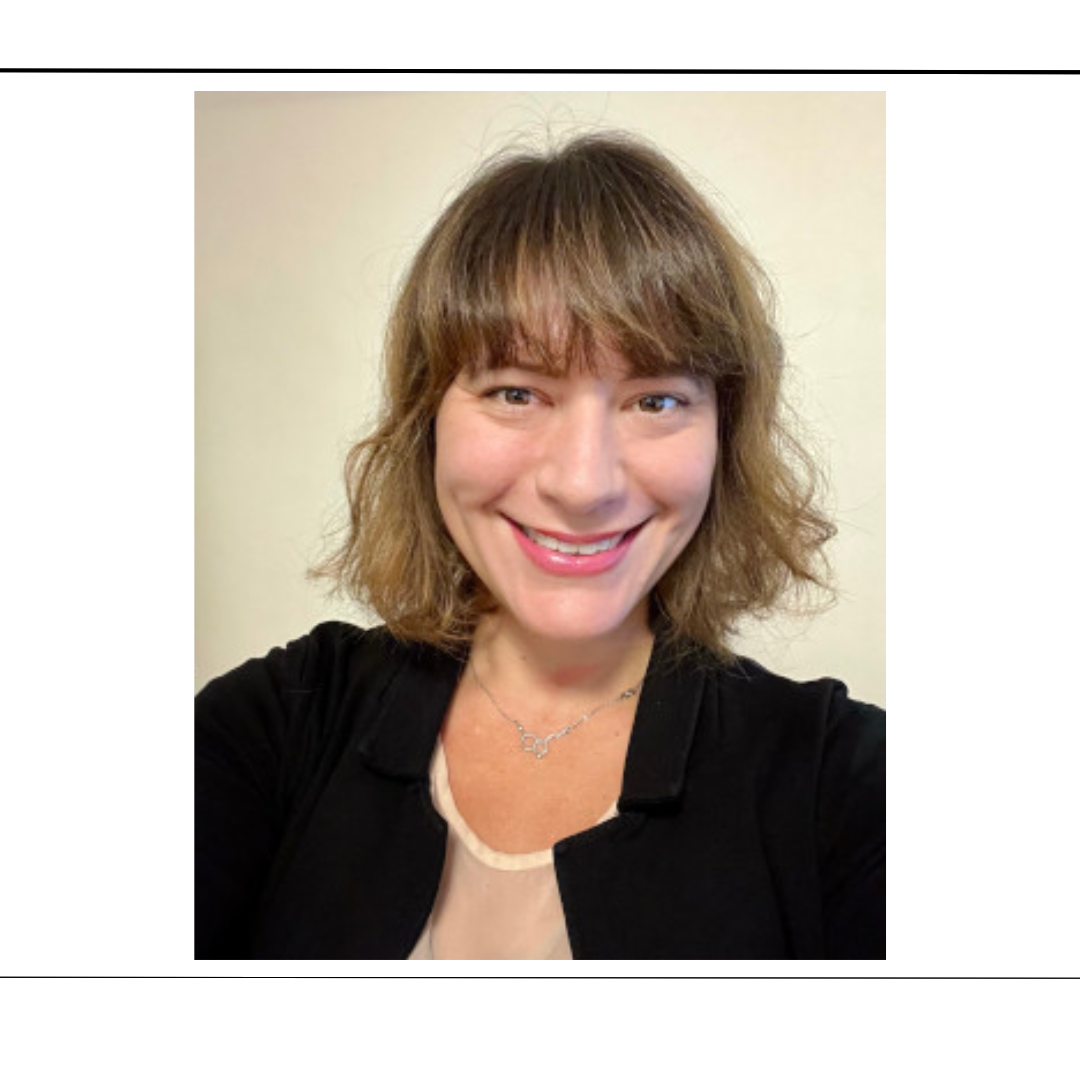nanoGUNE Colloquium. From Nano to Quantum: Spin-Selective Catalysts for Clean Energy Technologies
Speaker
Magalí Lingenfelder
Affiliation
Helvetia Institute for Science and Innovation, Switzerland
When
Place
CIC nanoGUNE seminar room, Tolosa Hiribidea 76, Donostia - San Sebastian
Host
Alexander Bittner

The transition to sustainable energy demands efficient, earth-abundant catalysts for critical reactions such as CO₂ conversion, hydrogen production, and oxygen evolution and reduction. While nanoscience has largely focused on tuning material structure and composition, controlling electron spin at catalytic interfaces is emerging as a powerful strategy to improve reaction selectivity and efficiency.
This presentation introduces two approaches that integrate spin control into electrocatalysis: employing chiral molecules to generate spin-polarized currents through chirality-induced spin selectivity (CISS), and applying external magnetic fields to modulate catalyst and electrolyte behavior. By integrating spin-selective effects at the catalyst–electrolyte interface we double the efficiency of state-of-the-art catalysts. Operando and in-situ surface science techniques provide atomic-scale insights into the interfacial processes. The generality of this approach offers a new direction for designing scalable and efficient catalysts for clean energy technologies, advancing the field of quantum electrocatalysis.
Key References: Nature Communications 2022 volume 13, Article number: 3356, Nature Communications 2024, 15, 2867, Chemical Science 2025, Angew. Chem. Int. Ed. 2025, e202419521, Nanoletters 21 (2021) 2059-2065
